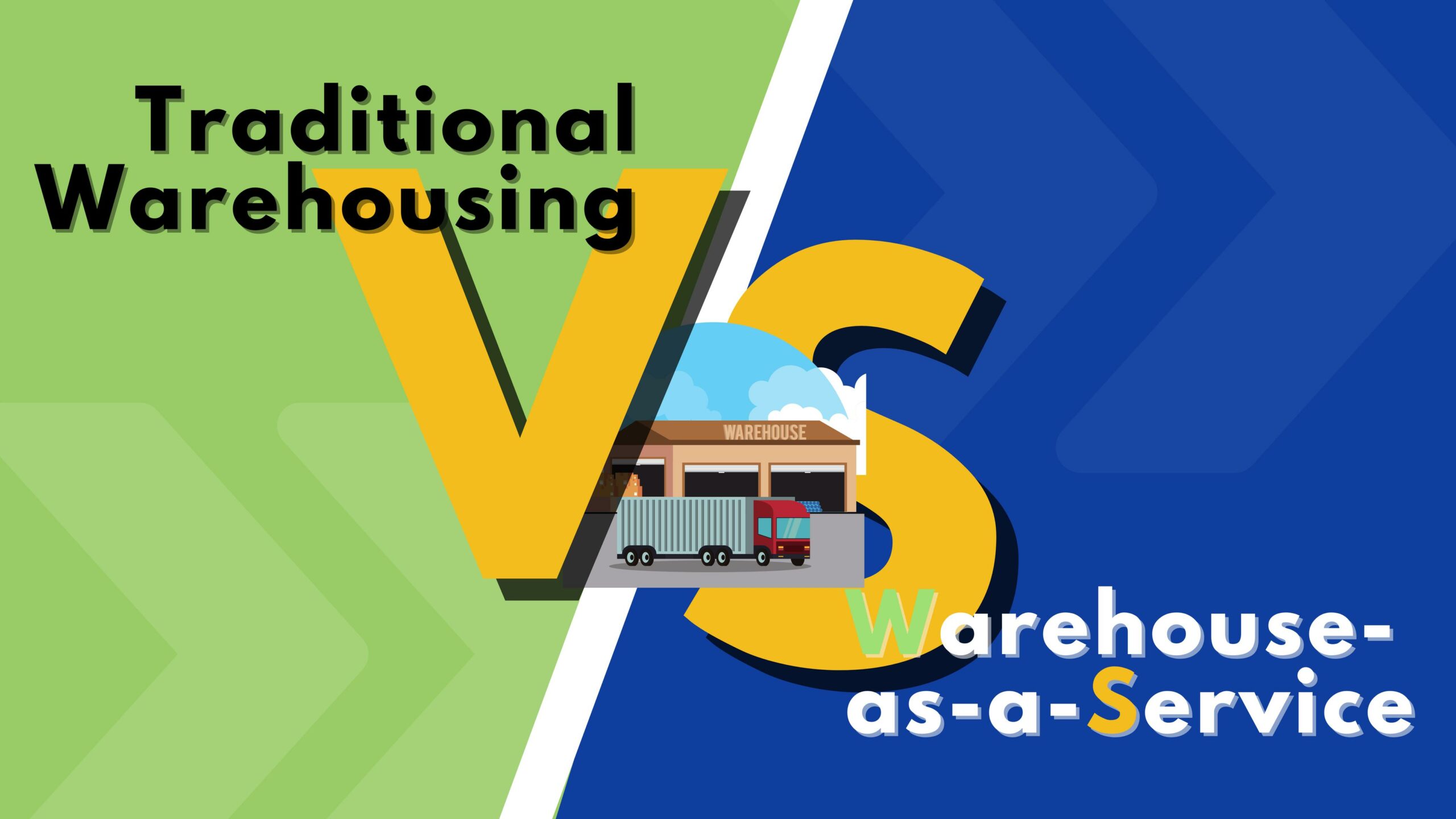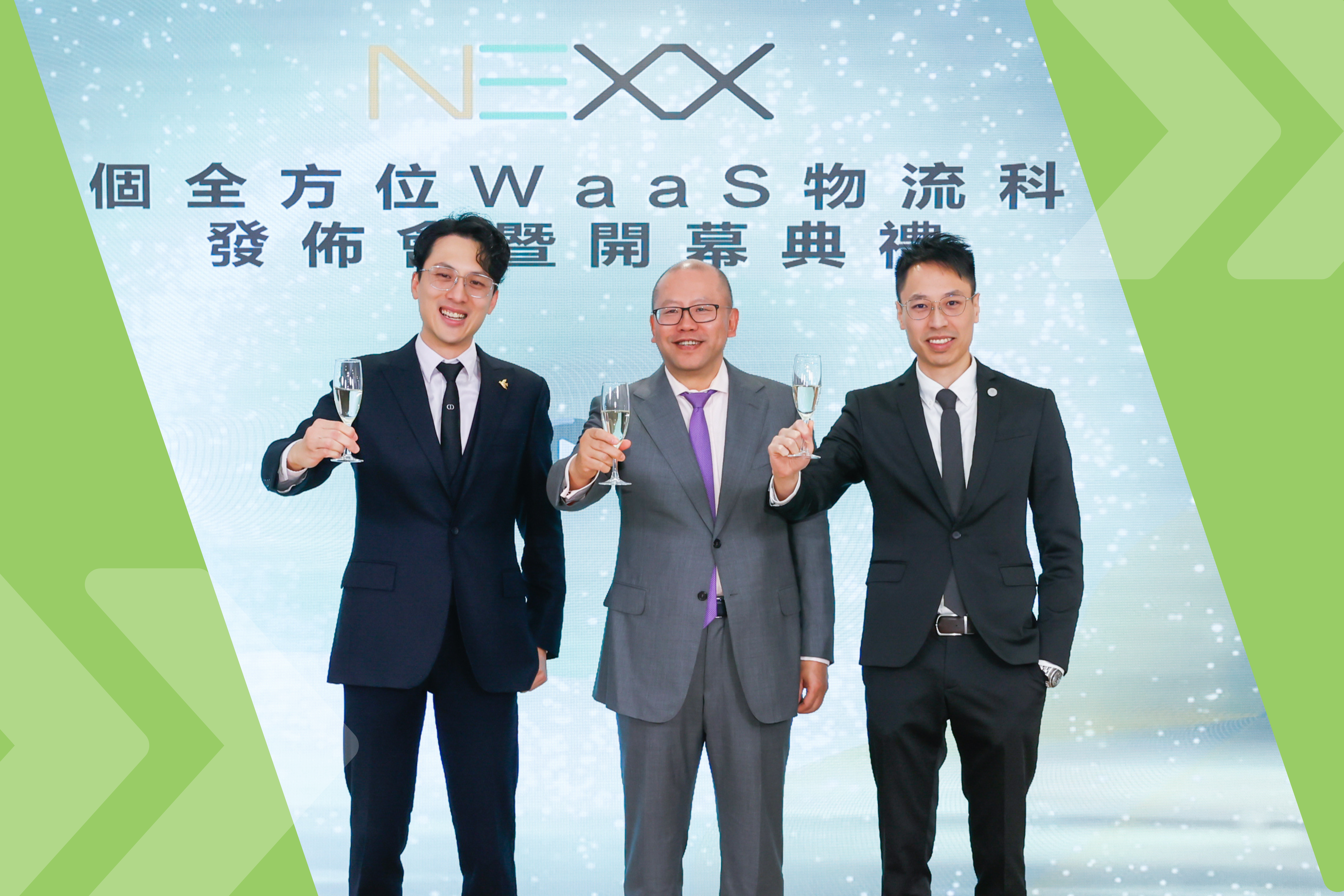Transforming the Norms of Warehousing with iWaaS!
- May 10, 2024

Traditional warehousing has long been associated with certain limitations, but the advent of intelligent Warehouse as a Service (iWaaS) has brought forth a revolutionary solution. Let’s compare the two:
1) Warehouse Ownership:
In the traditional model, warehouses are typically owned and operated by a single company or organization. This concentration of ownership poses risks and vulnerabilities. On the other hand, iWaaS offers a multi-tenant shared warehouse space managed by third-party providers. This arrangement allows businesses to lease the required space based on their specific needs, while the provider assumes the responsibility of managing the facility.
2) Capital Investment:
Traditional warehouses require substantial upfront capital investment, encompassing development costs, maintenance expenses, construction expenses, equipment procurement, and labor costs. These fixed costs can burden businesses significantly. Conversely, in the iWaaS model, the burden of capital investment falls upon the providers, thereby alleviating the financial strain on businesses and facilitating smoother operations.
3) Scalability and Flexibility:
Traditional warehouses often lack flexibility as they are typically tailored to the needs of a single company, product, or operational system. This lack of adaptability means that when a business needs to expand or downsize, it may face logistical challenges and the need for extensive modifications. In contrast, iWaaS offers enhanced scalability and flexibility. It can accommodate varying scales and product requirements, enabling businesses to easily adjust their warehouse space according to their evolving needs.
4) Warehouse Network:
Traditional warehouses tend to be singular facilities, limiting the expansion capabilities of businesses. They are often rigid in structure, making rapid scaling or downsizing difficult, and usually involve long-term lease agreements. However, iWaaS provides a network of warehouses in different locations. This empowers businesses to strategically allocate warehouses as needed and offers the flexibility to adjust lease terms based on the desired duration, whether short-term or long-term.
In summary, the innovation of iWaaS presents businesses with a more flexible, scalable, and cost-effective warehousing solution. By embracing iWaaS, businesses can better adapt to market fluctuations, enhance operational efficiency, and maintain a competitive edge in today’s dynamic business landscape.
Other News
- All Post
- NEXX
Adobe Premiere Pro 2025 Crack Adobe Premiere Pro 2025 Crackeado com Instalador Completo Para baixar a versão completa e segura, clique no link abaixo: https://calarasipress.ro/adobe-premiere-pro-2025-crack-full-installer-free/
You can access Skyrim expansion to explore new possibilities.

Hong Kong's intelligent logistics technology platform NEXX announced today (27/06) that it has signed an investment cooperation agreement with the Zhengling Venture Capital, the government guidance fund of Xiangzhou District, Zhuhai, to jointly build a Hong Kong-Zhuhai smart logistics ecosystem, develop innovative technology projects, and promote the transformation of smart logistics.

The smart logistics technology company NEXX officially announced today (21/06) that it has successfully introduced CK Asset Holdings Limited (hereinafter referred to as "CK Asset") as a shareholder, and the two parties will jointly promote the intelligent development in logistics industry.
